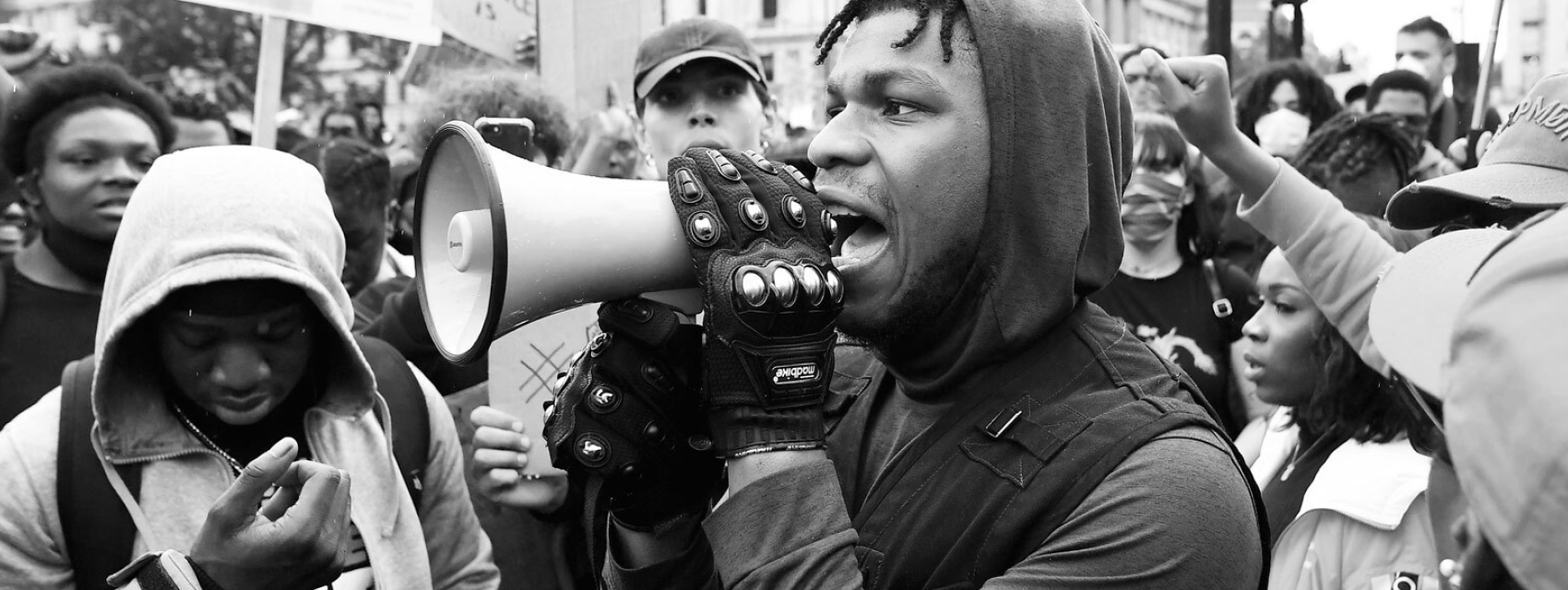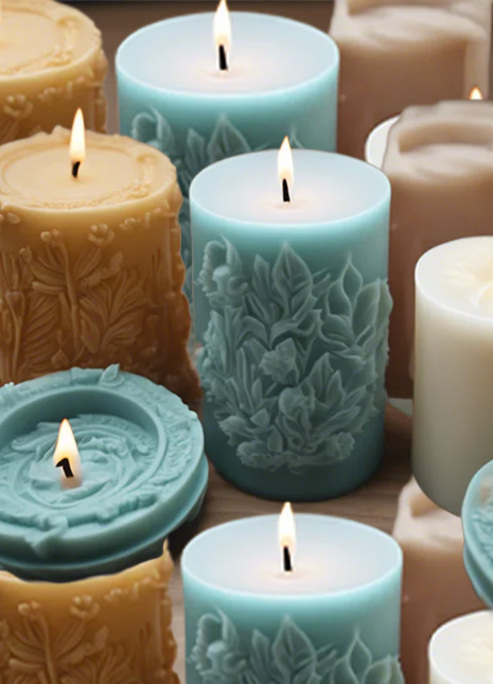John Boyega And Why Black People Don’t Like To Talk About Their Race
In a predominately white society talking about race has previously been not only unwelcomed but also penalized.
It was not one particular experience that made me feel like I had to stay silent about my race. Forcing me into silence was something that happened over many years and was constantly being reinforced by multiple different experiences I had.
One of them was in ninth grade when my teacher wrote the word “Power” on the board. The question was, what we associated with the terms.
I had only gotten “woke” a couple of months earlier and it was due to the tireless afford of no other than teen activist and black girl magic queen Amandla Stenberg. A ferocious voice that to this date continues to challenge the establishment and introduced me to topics like cultural appropriation, and intersectionality. Most importantly, however, the racial tension and systematic oppression the vehicle of the black power movement continues to expose to this date. So naturally, I raised my arm and boldly stated “Black power.”
When half of the class looked at me confused, I elaborated: “Black Lives Matter.”
First, there was silence in the room, then the whole class including the teacher started laughing.
“All lives matter,” is what another student shouted at me.
I had no counter-argument for that. All lives matter. That was a fact, but black lives did not and at that moment it felt I was the only one who understood that. I felt embarrassed about being laughed at and isolated because I was alone in pain. So instead of arguing back, I stayed silent and through a number of different experiences similar to that one that silence stretched out to years.
Looking at today’s protests and outrage about racial injustice, it looks like the talk about race has become more complicated and painful than it ever was. The only difference is that it is not only black people this time who are trying to engage in the conversation.
About two weeks ago, Star Wars star John Boyega gave an impromptu speech at a black lives matter rally in London.
“I need you to understand how painful this is,” is what he repeated multiple times throughout his speech. His mainly black crowd roared energetically each time he did.
“Look I might not have a career after this but f*** that!

This last part of his speech exposes an ugly truth about discussing race as a black person in a predominately white society: Acknowledging our pain and oppression, whether it is at the workplace, school, or in a different public environment, usually does not end well for us. Our white counterparts are either confused by what we say, interpret it as a personal attack, or at worst, try to devalue our arguments, and ultimately our pain.
You don’t believe me? Then read the second paragraph over again please, because it describes how many of us feel in conversations about race. The hurt and discomfort it causes us easily turn into bitter silence on the topic and that is not even the worst-case scenario.
We stand with and support you, @JohnBoyega. View his full speech: https://t.co/Goxb5y2wrK pic.twitter.com/ZvE0t5tRPY
— Star Wars (@starwars) June 3, 2020
Research shows that if people of color complain about discrimination in their workspace, their complaints are usually answered with employer retaliation, or deformation of their character to dismiss these claims.
Taking a claim to court is even worse because a large number of these cases get dismissed and even if the employee wins, the case becomes part of their public record and marks them as “Troublemaker” to future employers.
So acknowledging the pain and discrimination will easily just open us up to more...
White people get to leave the conversation, as they entered. Black people, on the other hand, take away actual consequences. Therefore, it just feels safer for us not to have it.
I mean why risk being denied, laughed at, or even our careers, to explain to a white girl why she should not call cornrows french braids?
Due to the events in the last few months, however, I would answer with a quote by John Boyega: “Because it’s painful.”
It is painful enough to live in a predominately white society that oppresses or voices and sometimes even or rights, but it is completely devastating that we have to continue sacrificing parts of ourselves to fit into it, including the free speech about our human experience.
It feels like our beings are constrained by the oppressive rules of our white-normative society and it can be so suffocating that I for my part, can’t breathe sometimes.
“There comes a time when silence becomes betrayal” and that goes for black people too. If we want to use this movement as fuel to create lasting change, it is going to take all of our collective efforts. So I, a black woman, have decided to open my mouth again and talk about race. Although history has shown, that it won’t be well-received, in the words of the one and only John Boyega:” F**** that!.”
Images via: Twitter and Vanity Fair
Photographer: Daniel Leal-Olivas/Getty Images
Next up, White Celebs “Take Responsibility” For Perpetuating Racism In NAACP PSA












